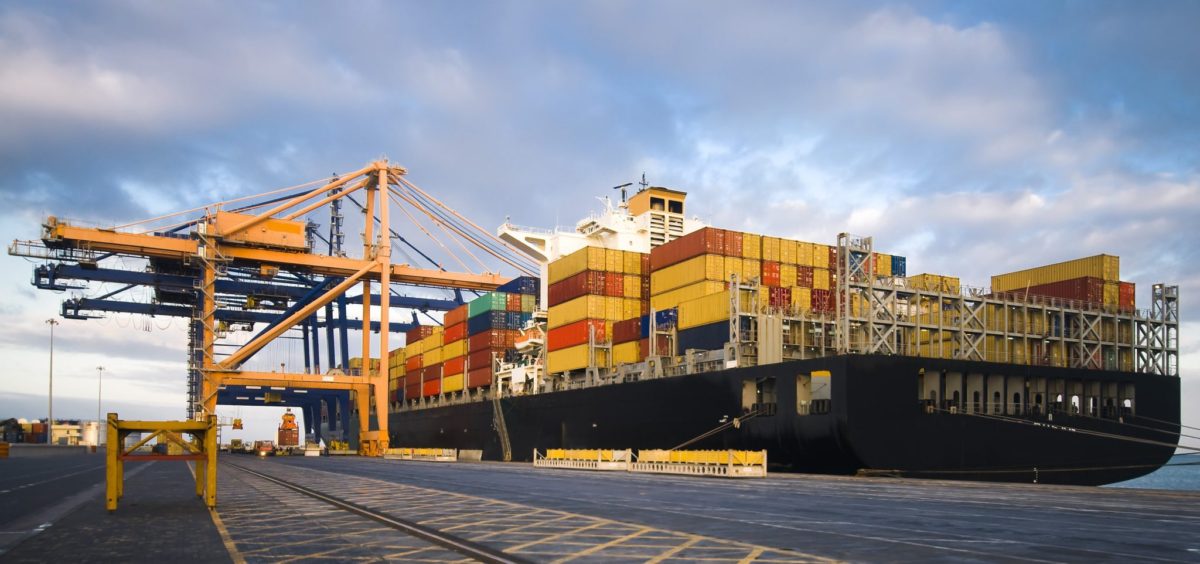Vessel Incidental Discharge Act Moves Forward

The Vessel Incidental Discharge Act, also dubbed VIDA, aims to set a single national standard for ballast water discharges and would limit what states can demand from maritime vessels in this regard. The bill passed its first approval stage, gaining bipartisan voice-vote passage in the U.S. Senate Commerce, Science and Transport Committee on May 18. It would give the U.S. Coast Guard sole oversight of discharges, cutting out the Environmental Protection Agency. The measure is attached to the FY 2018 Coast Guard Reauthorization Act. The Coast Guard already certifies ballast water systems and issues violations of discharge permits.
The maritime shipping industry has complained for years that the lack of a single, national standard has allowed the creation of a mishmash of regulations, exposing them to fines and other penalties for violating standards in one state while complying with those in another. But opponents of the bill say the same standards shouldn’t apply across the board and the bill reduces states’ abilities to control the introduction and management of invasive and non-native species. Senators of both parties have said they will work with critics of the bill to address states’ concerns before the bill goes to the floor of the Senate for a full vote.
The bill requires ocean-going vessels discharge ballast water at least 200 miles outside the St. Lawrence Seaway unless and until the Coast Guard can find a surer way to protect the Great Lakes from problems associated with discharge. Fishing boats and vessels shorter than 79 feet are exempted from the requirements on incidental discharges.
The bill attempts to address complaints from the vessel owners and operators that some states have set standards that cannot be achieved using the technology currently available and that getting around those mandates requires forms and filings that cost shippers money but never advance environmental protection.
The bill exempts ballast water discharges from the Clean Water Act, establishes a schedule for federal review of standards—the first of which is planned for 2022, and allow for possible exceptions for vessels that operate only in geographically limited areas. It also prohibits states from passing their own regulations governing ballast discharge, though in its current form the bill allows the EPA and states to work with the Coast Guard on more stringent national standards in the future.
Also included in the measure is a provision requiring the Coast Guard to submit a plan for replacing its aging inland waterway and river tender fleet.
About Water Quality Insurance Syndicate
Since 1971, WQIS has been involved in more vessel pollution events than any other marine pollution provider. Having the right team immediately available in the event of a loss is crucial for mitigating damages, getting clients back to an operational status and the claims process. Our team is made up of an extensive network of trusted professionals to assist from the moment a spill occurs until the spill is cleaned up. For more information about our insurance solutions and services, call us at 212-292-8700.
